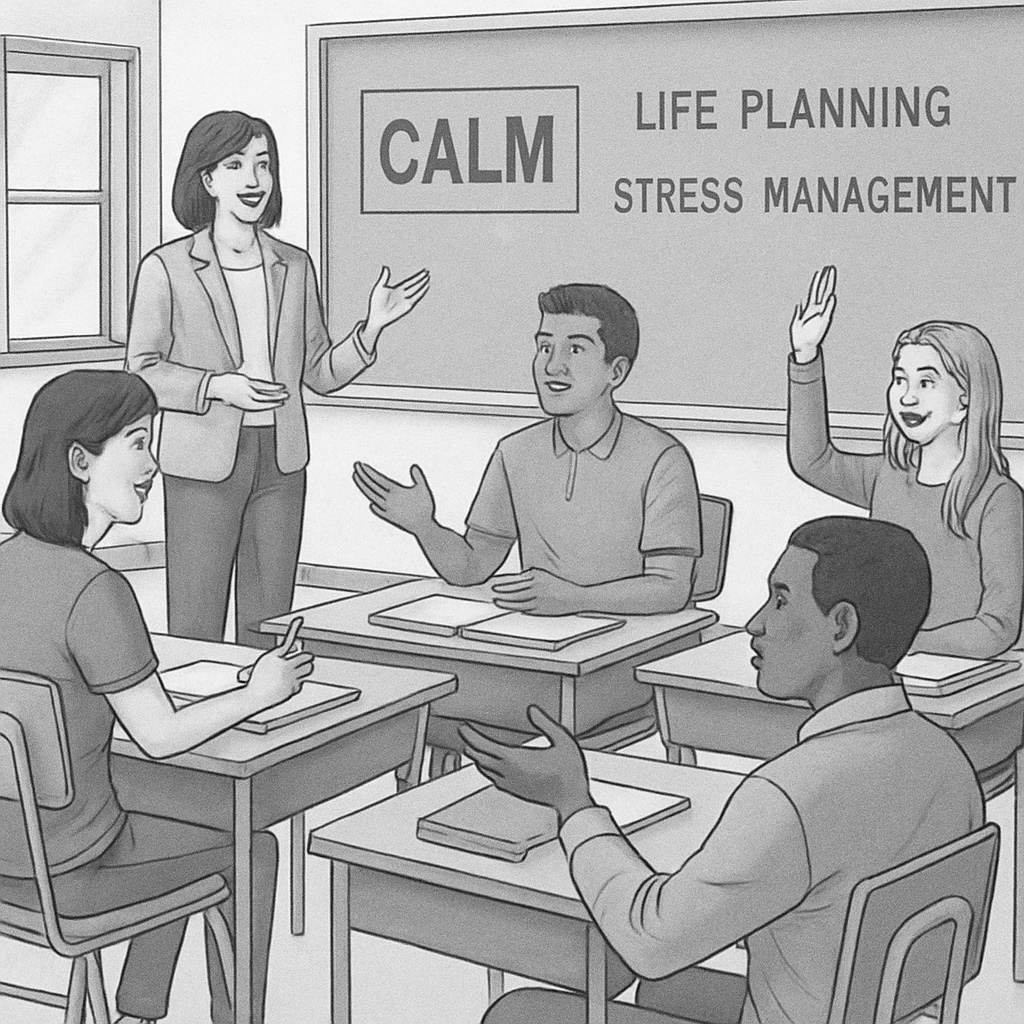For students aspiring to elite universities, the question of whether a single low grade—like a C+—can derail their dreams of admission to Harvard often looms large. The answer lies in understanding the nuances of holistic admissions, a process that evaluates candidates beyond their academic transcripts. In this article, we’ll explore how grades are assessed in the Harvard admissions process, the significance of CALM (Career and Life Management) courses, and whether retaking a class to improve a grade is the right move for your long-term goals.
Do Grades Define Your Chances at Harvard?
Academic performance is undeniably a critical component of any college application, especially for institutions like Harvard. However, it’s essential to recognize that a single low grade—whether it’s a C+ or even lower—does not necessarily disqualify an applicant. Harvard employs a holistic admissions approach, which means they consider various factors such as extracurricular activities, essays, recommendation letters, and demonstrated leadership alongside academic records. For example, a student with a less-than-perfect GPA might still stand out if they’ve excelled in other areas, such as participating in national-level competitions or spearheading impactful community projects.
According to Britannica, Harvard receives thousands of applications from highly qualified students each year, and their admissions team seeks candidates who demonstrate intellectual curiosity, resilience, and a willingness to grow. Therefore, while grades are important, they are not the sole determining factor in the decision-making process.

Understanding CALM Courses and Their Role in Admissions
CALM courses, short for Career and Life Management, are designed to teach students life skills such as financial literacy, stress management, and personal planning. These courses are increasingly recognized by admissions committees as valuable components of a student’s education. While they may not carry the academic weight of core subjects like math or science, CALM courses nevertheless reflect a student’s ability to manage real-world challenges, a trait highly valued by universities like Harvard.
A low grade in a CALM course might raise concerns about a student’s preparedness for independent living and academic stress. However, admissions officers are more likely to assess how a student addresses such challenges—whether by retaking the course, seeking mentorship, or demonstrating growth in other areas. Therefore, rather than focusing solely on the grade, students should aim to reflect their learning outcomes in their application essays or interviews.

Should You Retake a Class to Improve Your Grade?
Deciding whether to retake a class depends on several factors, including how the grade fits within your overall academic performance, your future goals, and the policies of the universities you’re applying to. Here are some considerations:
- Impact on GPA: Retaking a class can improve your GPA, which might be significant if the grade is from a core subject or a heavily weighted course.
- Demonstrating Resilience: Retaking a class shows perseverance and a commitment to improving, qualities valued by admissions committees.
- Time and Opportunity Cost: Consider whether retaking the class will detract from other opportunities, such as internships, volunteering, or pursuing a passion project.
Ultimately, the decision should align with your broader academic and personal development goals. Admissions experts often suggest focusing on your overall narrative rather than obsessing over individual grades. For example, addressing the reasons behind the low grade in your application essay can provide valuable insights into your character and growth.
Building a Strong Application Despite Low Grades
If you’re concerned about how a single C+ might affect your chances at Harvard—or any top-tier university—there are strategies to strengthen your application:
- Highlight Strengths: Focus on areas where you excel, such as leadership roles, unique talents, or community impact.
- Craft Compelling Essays: Use your personal statement to explain challenges, growth, and lessons learned from setbacks.
- Secure Strong Recommendations: Ask teachers or mentors who know you well to highlight your strengths and resilience.
- Demonstrate Passion: Showcase your involvement in activities that align with your future goals, whether academic or extracurricular.
As Wikipedia notes, holistic admissions prioritize individuality and diverse experiences, making it possible for students to stand out even with academic imperfections.
In conclusion, while a C+ might initially seem like a significant obstacle, it’s important to remember that elite universities like Harvard evaluate applicants as whole individuals. By addressing weaknesses strategically and emphasizing strengths, students can present a compelling case for admission that goes beyond grades.
Readability guidance: By using concise paragraphs, structured lists, and consistent transitions, this article ensures clarity and accessibility for readers. Critical insights are reinforced through external references and practical advice tailored to college applicants.


